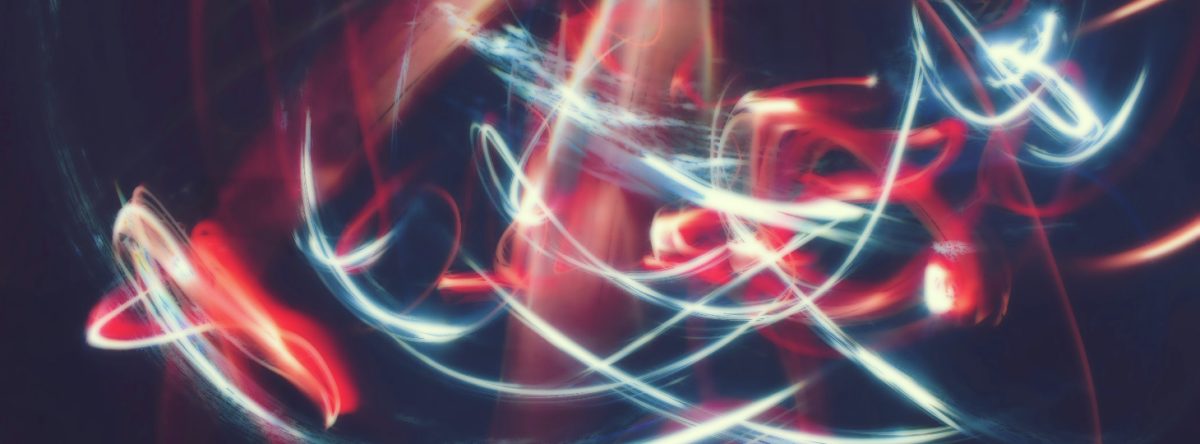Wired to Connect
Social exclusion registers in the same regions of the brain as physical pain. In other words, being ostricised is as harmful, even life-threatening, as being physically hurt.
Let that sink in for a moment.
When kids shun a classmate at lunch, when a colleague is short with you, or when a lover storms off, the pain is as real as a punch to the stomach.
Not convinced? fMRI scans show the pain responses in the brain reduce when a sufferer of ‘social pain’ takes a Tylenol.
According to UCLA’s Matthew Lieberman, a lead researcher in the emerging field of social cognitive neuroscience (the study of what happens in the brain when people interact), Maslow has the hierarchy of needs in the wrong order. It is not food, water and shelter that are the primary conditions for survival. It is human connection.
Social brain
Human offspring are remarkably incapable of taking care of themselves. As infants, we simply cannot live without reliable providers of sustenance, protection, training and comfort. To survive, we’ve evolved to be mutually connected. Babies and children unleash a full arsenal to galvanise bigger people to fulfill their needs, from crying and looking adorable, to sharing an oxytocin high with their caregiver and imbuing life with a sense of meaning.
Inter-dependency doesn’t end in childhood. Among early humans, it was those who could garner cooperation and navigate the social landscape who survived the hazards of saber tooth tigers, inhospitable terrain and murderous tribesmen. Evolution favoured social intelligence, and to this day – counter to popular belief – it is cooperation and empathy that are powerful allies of success.
Survival of the kindest
According to Daniel Goleman, who popularised the concept of emotional intelligence and writes compellingly about the social brain in his seminal book, Social Intelligence, effective leaders are those who “develop a genuine interest in and [have a] talent for fostering positive feelings in the people whose cooperation and support [they] need”.
We are not all here thanks to ‘survival of the fittest’ then (a theory erroneously attributed to Darwin but actually promoted by Herbert Spencer to justify class and racial hierarchy). We are here because of ‘survival of the kindest‘ (Darwin’s actual meaning).
Skeptics might argue that at heart we are self-interested, that it’s a fundamentally selfish, dog-eat-dog world. They are wrong. This view is based in archaic theories that have been thoroughly debunked by the discovery of mirror neurons: the mechanism for empathy. Simply, when someone else suffers or rejoices, our own cerebral neurons mirror their experience so that we feel it ourselves. Ever cried at a sad film or winced at an outtake reel?
This ability to ‘read minds’ and empathise means that our first urge is to be compassionate, not self-interested. Research with not only rats and primates but also human infants and adults repeatedly reveals an instinct for compassion over selfishness – of choosing another’s wellbeing over our own interests.
The discovery of mirror neurons has another important implication. We can no longer conceive of our fellow humans as separate, isolated others. We are literally all part of the same neural network. As Goleman writes,
“[It is] not a case of two (or more) independent brains reacting consciously or unconsciously to each other. Rather, the individual minds become, in a sense, fused into a single system”.
Connection is oxygen
For the intimacy-shy, that’s a powerful realisation. It is not a character flaw to need people; connecting is as essential as oxygen.
 According to Stanford professor Emma Seppala, loneliness is the number one reason people seek therapy today. The side effect of being wired to connect is that relationships matter so much, not having them or having them go wrong can be excruciating.
According to Stanford professor Emma Seppala, loneliness is the number one reason people seek therapy today. The side effect of being wired to connect is that relationships matter so much, not having them or having them go wrong can be excruciating.
For the sake of our psychological and physical wellbeing, we must connect and connect well. People who feel they have good, close relationships not only have better psychological health but also higher immunity, faster recovery from disease, and greater longevity.
Those with poor connections experience more anxiety and depression, are more likely to commit suicide and violence, have worse physical health, and live shorter lives. Seppala isn’t kidding when she says,
“loneliness is a greater detriment to health than obesity, smoking and high blood pressure“.
It’s not just about how much we get from relationships either. It’s also about what we give. Professor Stephen G. Post’s research has shown that altruism has a positive effect on the giver’s health and happiness. When we can help someone else we feel useful and valued, improving our wellbeing in every way.
Prioritising social
Knowing the power of social gives us cause to consider how much we manoeuvre our lives to keep human connection central. Are we working too much? Are we caught up in our own heads? Are we hiding from intimacy for fear of (very real, it turns out) slings and arrows? How much we prioritise our relationships is worth serious contemplation. As Lieberman says,
“Being social is our superpower, and not knowing in our guts the value of social – the real, literal value of social – is our greatest kryptonite”.
Further reading:
Tips to improve wellbeing through connection, compassion, altruism and gratitude
Ideas for building relationships from the NHS
How to improve your wellbeing from mental health charity Mind
Report from the Mental Health Foundation: Relationships in the 21st century
TED talk about mirror neurons
Photo by Ahmad Dirini on Unsplash
